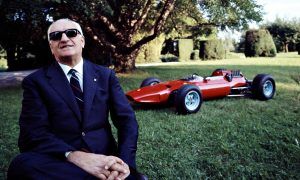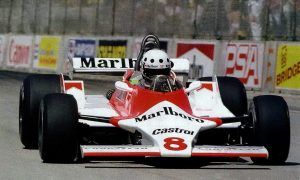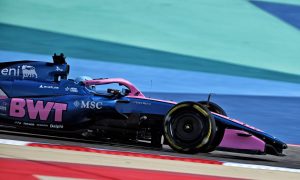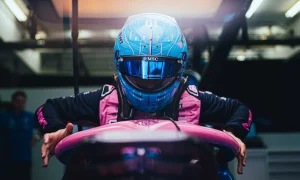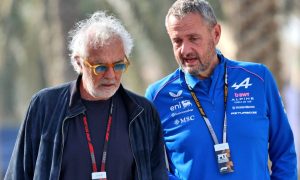
Alpine team principal Oliver Oakes has thrown his full support behind Renault's decision to exit Formula 1 as an engine supplier, a move that marks the end of an era for the French manufacturer.
Alpine F1 will therefore become a customer outfit, with Mercedes rumored to be their future engine supplier—a shift that Oakes believes is essential for the team's competitiveness moving forward.
Renault Group CEO Luca de Meo spearheaded the decision to abandon the marque's long-standing F1 engine program, which has been based in Viry-Châtillon, as part of a broader effort to save costs and turn Alpine's fortunes around.
While the move has sparked dissatisfaction among staff at the Viry facility, Oakes has welcomed the change, focusing squarely on Alpine's need for the best engine available, regardless of the emotional ties to the Renault power unit.
“Everyone in the team has a lot of admiration and respect for the people in Viry,” Oakes told Dutch website RacingNews365.
“I think, cruelly enough, as team boss I just want to have the best engine and race it. “That's what it's all about.”
Oakes acknowledged the rich history between Renault's Viry engine team and Alpine's Enstone-based chassis operation but emphasized that performance takes precedence in the cutthroat world of Formula 1
“I would say Viry and Enstone have a great history. But I would also say that nobody cares what's under the bonnet if you win – and I mean that very nicely,” he added.
Since the hybrid engine era began in 2014, Renault has persistently lagged behind its competitors in terms of power unit performance.
While teams like Mercedes and Red Bull have flourished, Renault's engines have consistently failed short.
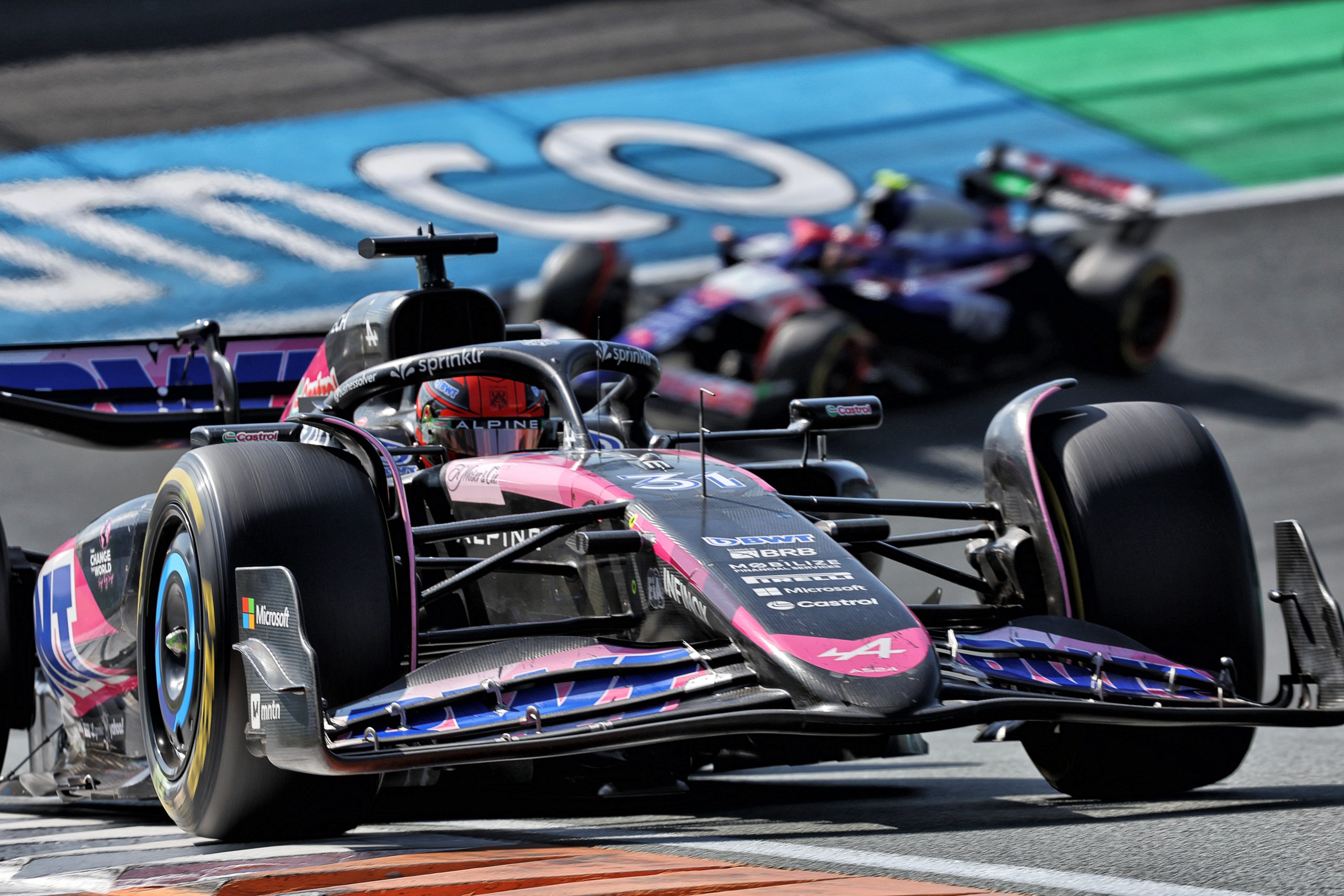
Even as Alpine finished a strong fourth in the 2022 Constructors' Championship, the team's sharp decline in 2024—currently languishing in ninth place with just 13 points from 18 rounds—has forced Renault's leadership to reconsider their involvement as a power unit supplier.
Producing a competitive power unit can run up to $120 million annually, while a customer engine deal costs only a fraction of that.
The financial logic behind Renault's decision is therefore undeniable, as de Meo explained.
"Fans - except the real enthusiasts, I agree - and sponsors come for a team, not for an engine," said the Italian executive, speaking to L'Equipe. "Partners sign with McLaren, not with a Mercedes under the hood.
"The F1 public has changed. It has expanded to include young people, women. This new clientele has a different interpretation of this sport.
"We support a driver, a colour, a brand. Not an engine. Alpine, given our ranking is losing bonuses. Sponsors are rare. We have a hole in the air. My shareholders know how to count. Alpine has to make money. "
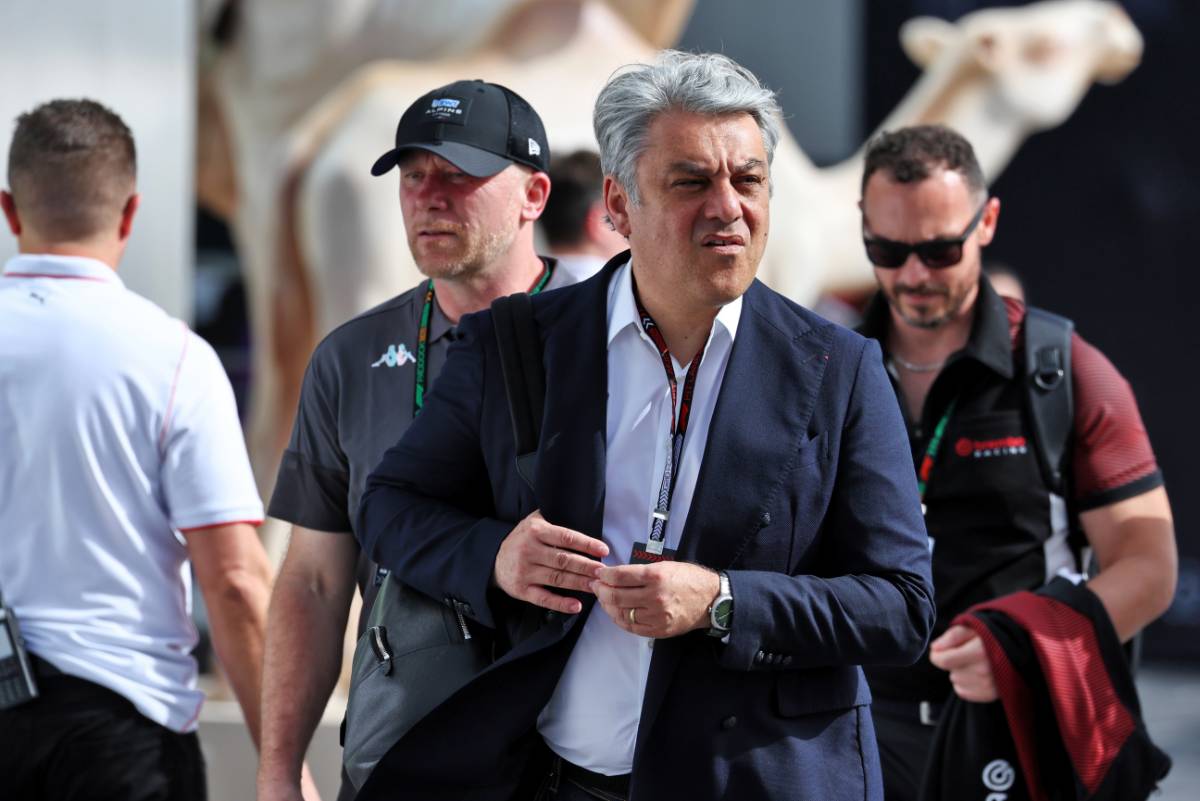
Renault Group CEO Luca de Meo.
While De Meo recognized the deep emotional ties many within the organization have to Renault's engine development program, he insisted the decision was made in the best interests of the company and the Alpine F1 project.
"It's a very emotional subject," he acknowledged. "This decision is the result of months and months of observations.
"I would first of all like to say that I admire the commitment and tenacity of the people at Viry-Châtillon. I know they will tomorrow imprint this state of mind in the upcoming projects.
"They are optimistic, and that's good news. I don't like to see them so disappointed with this decision, but unfortunately, in my job, I can't think like a fan.
“That's to say, I am a manager. I run a public company, and I have to rethink the F1 project to finally win, so I am looking for ways to achieve it.
"There, we have become invisible. Two more years like this and the project would completely deflate. We have been on a downward slope for three seasons. We had to shake all that up, with a financial logic in parallel."
Keep up to date with all the F1 news via Facebook and Twitter



